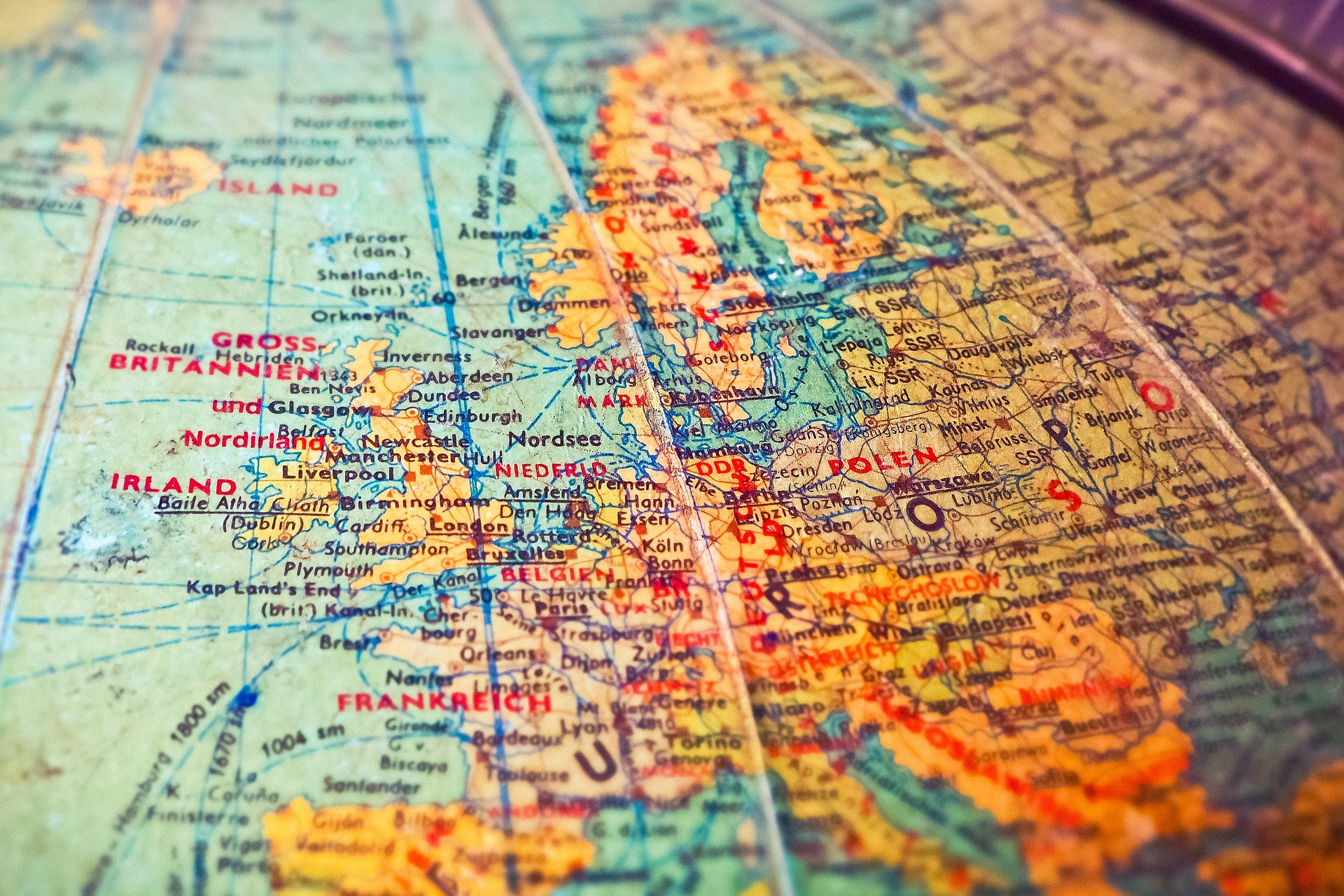An Examination of the Recent Changes in Environmental Legislation
Dive into the world of environmental legislation, where recent shifts in policies and laws are creating new landscapes for both industry and conservation. Understand the historical context, the current updates, and the potential implications of these legal changes.

Historical Context of Environmental Legislation
Environmental legislation has a rich history, dating back to the mid-20th century when concerns over pollution, deforestation, and species extinction began to rise. The United States, for instance, enacted the National Environmental Policy Act in 1969, marking a significant milestone in environmental law. Globally, the United Nations held its first conference on the environment in 1972, leading to the establishment of the United Nations Environment Programme.
Recent Developments in Environmental Law
The global legal landscape regarding environmental protection is continuously evolving. In 2020, the European Union announced the European Green Deal, an ambitious package of measures designed to make the EU carbon neutral by 2050. Meanwhile, in the U.S., recent changes under the Trump administration have seen significant rollbacks on various environmental regulations, an approach that contrasts sharply with the Obama era’s emphasis on environmental protection and climate change mitigation.
The Legal Implications of These Changes
The implications of these changes in environmental law are profound and far-reaching. For industries, these developments may mean new regulatory burdens, potential litigation, and the need to adapt business practices to ensure compliance. For environmental conservation groups, these changes can either be a cause for concern or a reason to celebrate, depending on the nature of the regulations.
The Impact on Society
The societal impact of these changes in environmental law cannot be overlooked. The laws and regulations governing environmental protection directly influence the quality of air we breathe, the water we drink, and the biodiversity that enriches our planet. The recent shifts in environmental legislation, therefore, have implications not only for industry and conservation groups but also for every citizen.
Conclusion
In conclusion, the recent changes in environmental legislation represent a new chapter in the ongoing story of environmental protection. As these laws continue to evolve, it will be important for businesses, conservationists, and citizens alike to stay informed and engaged, understanding the implications of these changes and their potential impact on our collective future. The environmental legislation, after all, is not just about the environment; it’s about the kind of world we want to live in and leave behind for future generations.




